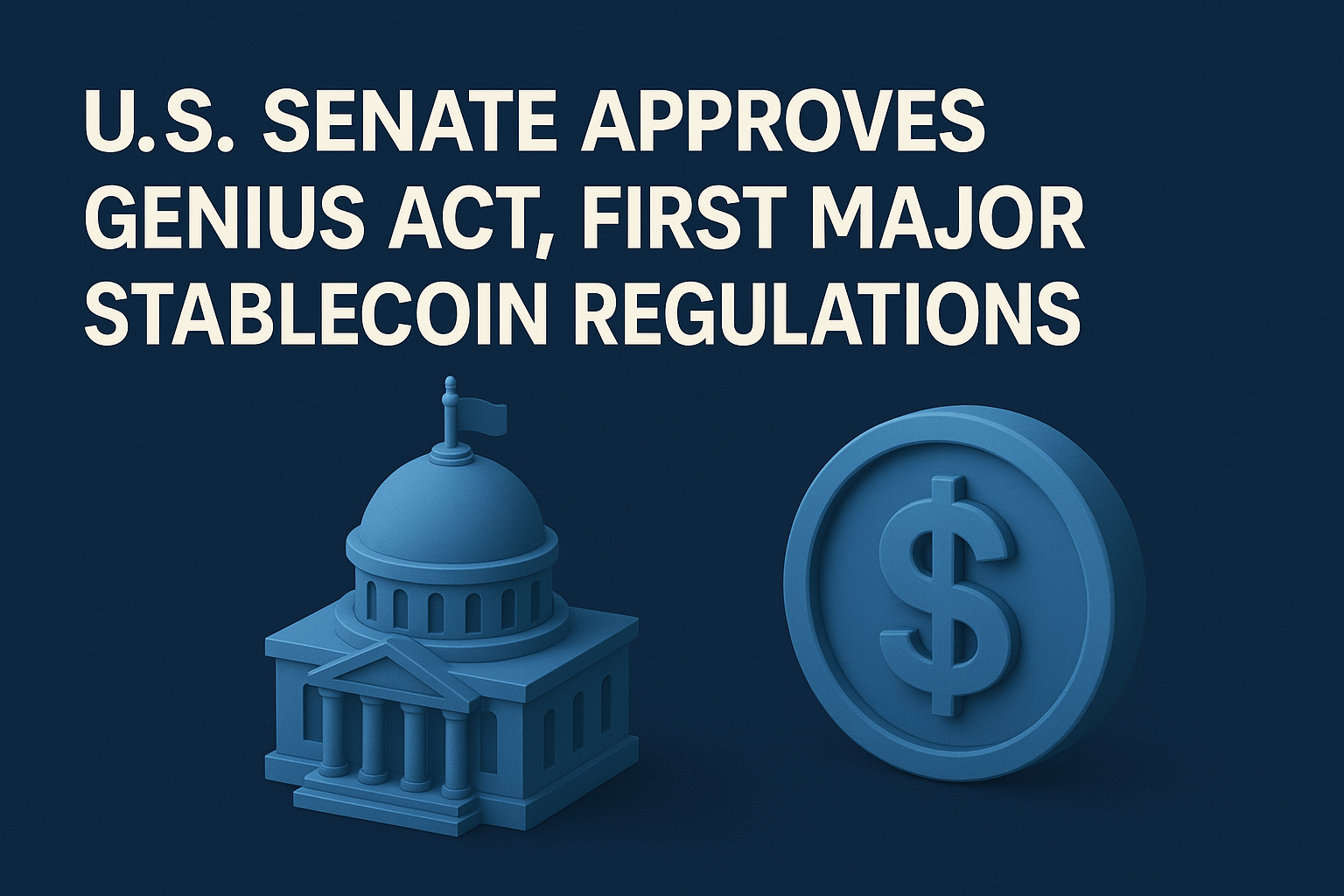In a major shift for U.S. crypto regulation, the Department of Justice (DOJ) has shut down its National Cryptocurrency Enforcement Team (NCET)—a unit once central to policing the crypto industry.
According to an internal memo dated April 7 and reviewed by crypto.news, Deputy Attorney General Todd Blanche announced the team’s dissolution, signaling a rollback of aggressive enforcement tactics that defined the Biden-era approach to digital assets.
A Narrower Focus for Crypto Crimes
The NCET, created in 2022, played a pivotal role in high-profile cases like the DOJ’s historic $4.3 billion settlement with Binance and its founder Changpeng Zhao. But going forward, the DOJ will scale back its focus, investigating crypto-related activity only when it intersects with serious crimes like:
- Terrorism financing
- Drug trafficking
- Human trafficking
- Organized crime
- Cybercrime and hacking
Prosecutors have also been instructed to stop targeting exchanges, wallet providers, or crypto mixers like Tornado Cash simply due to user activity or regulatory missteps.
A Win for Developers and Builders
One of the most notable changes: developers will no longer be prosecuted for code misuse by others.
Blanche, who previously served as Trump’s defense attorney and was recently confirmed as the DOJ’s second-in-command, called the previous administration’s approach “regulation by prosecution,” labeling it harmful to innovation.
He emphasized that without clear evidence of willful wrongdoing, violations of securities, banking, or commodities laws should not be pursued.
US Trump’s Crypto Influence
The memo cites a recent executive order from Donald Trump, which affirms Americans’ right to access open blockchain networks without fear of legal retaliation. This follows Trump’s active efforts to court the crypto community ahead of the election—and his family’s reported 75% revenue stake in World Liberty Financial, a blockchain-linked business.
Community Response: Relief and Concern
While developers and pro-crypto advocates welcomed the move as a win for open-source freedom and innovation, others voiced concern. Critics argue the DOJ’s retreat from proactive enforcement could create a loophole-ridden environment where scams and criminal activity thrive.Whether this marks a new era of balanced oversight or regulatory blind spots remains to be seen.










